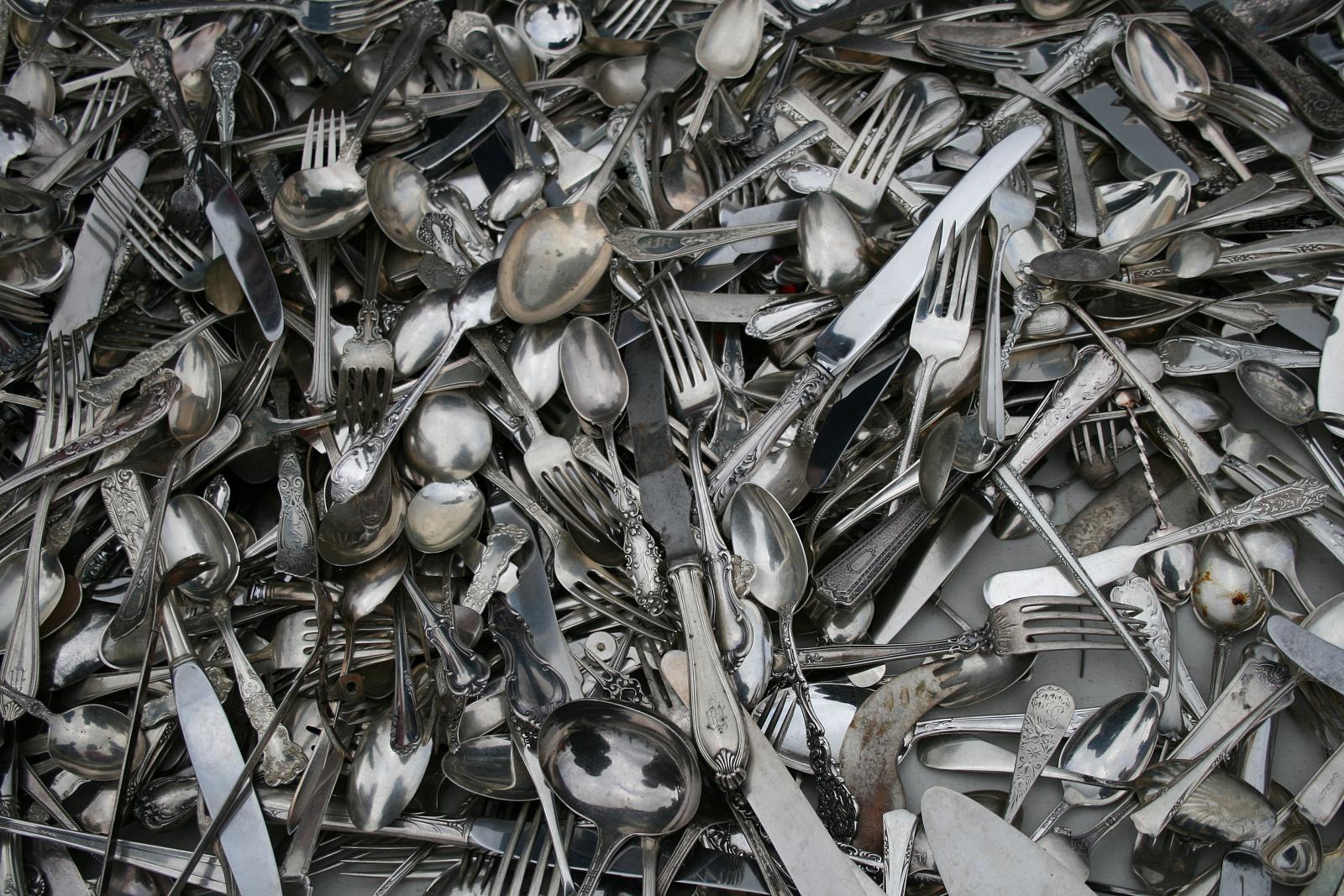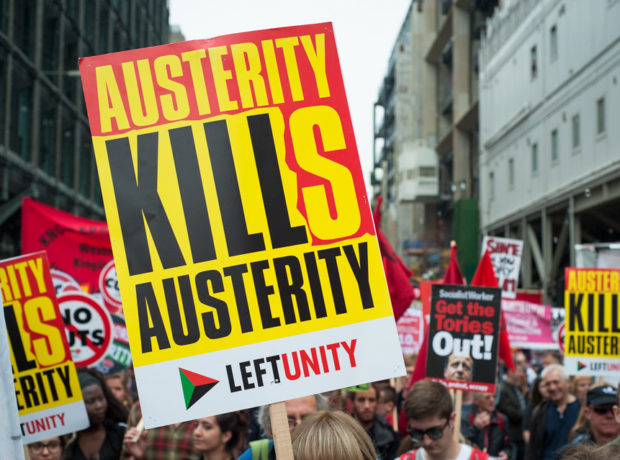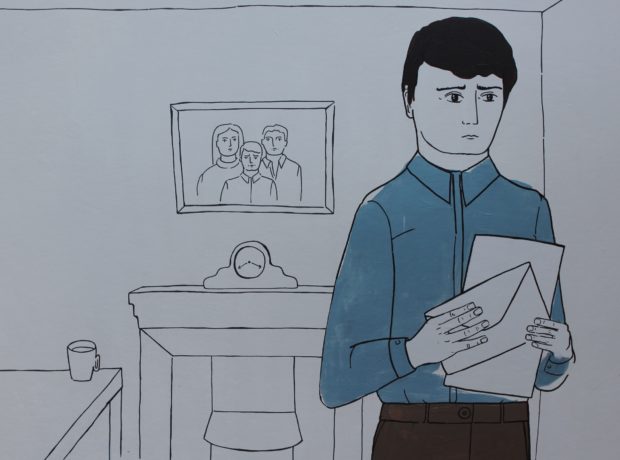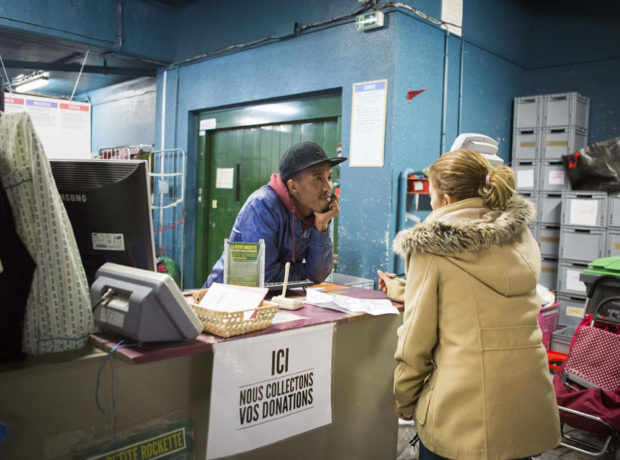Over the last six months in Lacuna, we have looked at some of the most troubling human impacts of the government’s austerity programme; how it has affected vulnerable groups like single mothers, the sick and disabled, and black mental health patients. We have also presented a series of ‘perspectives on prosperity’ to stimulate deeper thinking about the society we want to be, and the policies we should prioritise to get there. This week we revisit many of these austerity and prosperity issues by thinking about foodbanks.
In The Foodbank Dilemma, James Harrison examines the explosion of foodbanks in church halls and community spaces around Britain which provide emergency food parcels for individuals and families who cannot afford to eat. The article focuses on the Trussell Trust’s Foodbank Network. Ten years ago the Trussell Trust had a single foodbank. It is now widely reported to have more than 420 foodbanks. James reveals the fact that the actual figure is close to 1,400, as many foodbanks run a number of different foodbank centres within a particular area.
Before sitting down to write the piece, James visited a number of different foodbanks, interviewing both the people using them and those running them. What he found surprises. The growth of foodbanks is about more than hunger and it is about more than welfare reform. Yes, many people visit foodbanks because they are down to their last few pounds after a lengthy jobcentre sanction or they have starved themselves and there still isn’t enough to feed their children. But there are also those “hanging on by their fingernails”, as one interviewee told Lacuna. These foodbank users aren’t experiencing a crisis as such, simply an ongoing struggle to survive dictated by low wages, insecure jobs and high housing costs.
James’ wide-ranging piece also looks to the US: what can the country’s vast network of food aid, feeding tens of millions of Americans, teach the UK about food insecurity? The Foodbank Dilemma is a revealing portrait of the varying levels of destitution in Britain today, which challenges popular assumptions and questions the long-term social impact. It follows in the footsteps of our previous work on austerity by highlighting more hidden victims. It also suggests that we need to think more deeply about the society we want to be, and as James argues “to look beyond the hunger issue and see foodbanks as the canary in the mine, a warning that there may be something very wrong with the economic and social model we are pursuing in Britain today.”



